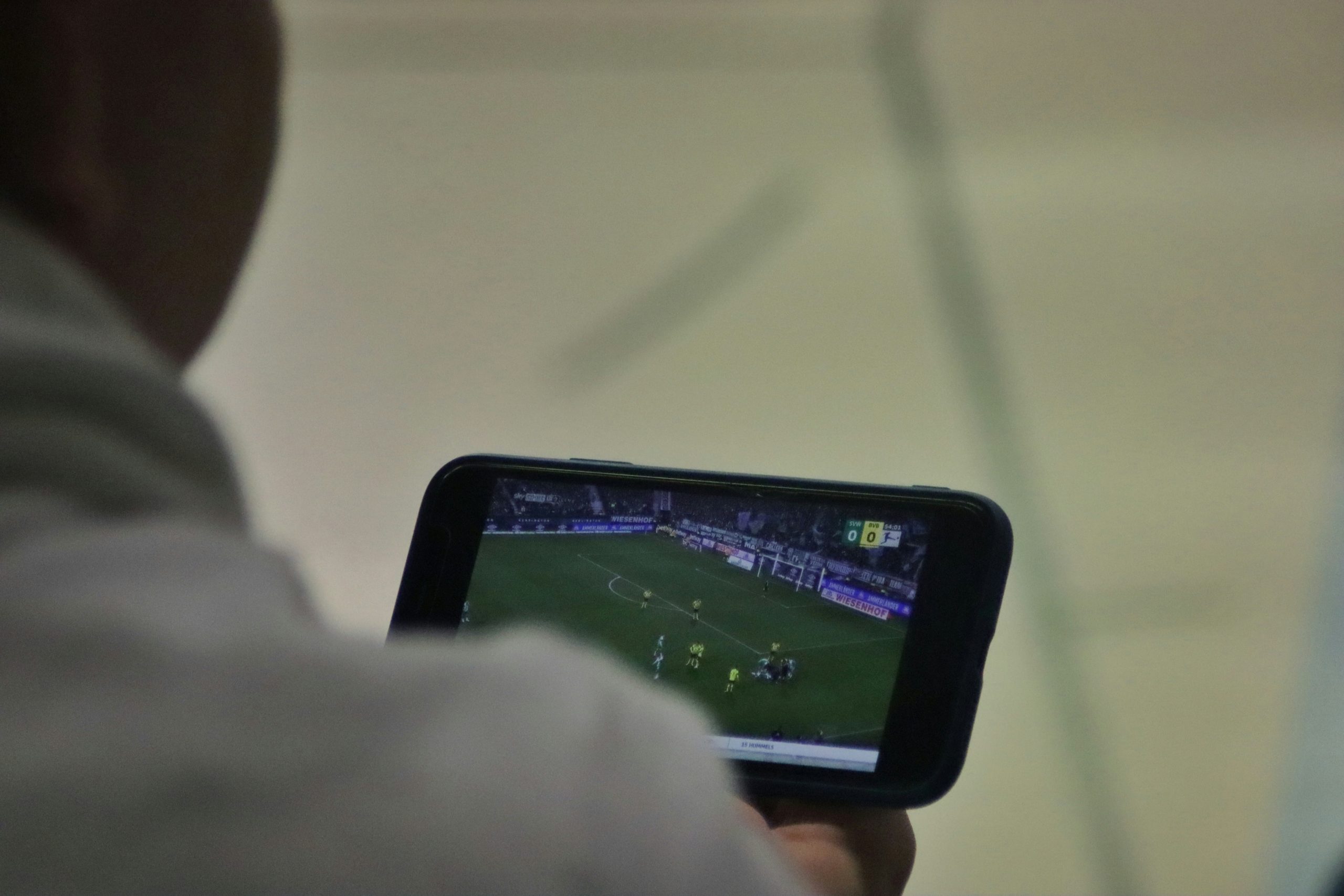
It’s no secret, sports are changing. From football pitches to Olympic training grounds, technology is becoming a key player in how athletes train, recover, and even choose their career paths. But this isn’t just about robots or high-tech machines taking over. It’s about how data and artificial intelligence (AI) are becoming quiet but powerful tools in an athlete’s journey.
So the real question is: Will data change how we train athletes?
The answer is yes and it already is.
But more importantly, this shift is opening up exciting new paths for students, athletes, and coaches alike.
What Exactly Is AI in Sports Training?
AI, or artificial intelligence, refers to systems or machines that can “think” and learn like humans. In sports, AI tools are being trained to:
-
Track movement and technique using video analysis
-
Predict injuries before they happen
-
Customize training plans using real-time data
-
Give feedback to athletes, just like a coach would, only faster and more precise
These aren’t science fiction ideas.
They’re already in locker rooms, weight rooms, and training grounds around the world.
Example:
Golden State Warriors leverage platforms like PlaySight SmartCourt and SportVU to analyze shooting, movement, and game tactics at a granular level, turning video footage into performance insights Axios+7Wikipedia+7WIRED+7.
Manchester City uses Cityplay wearables, integrated into youth and academy training, to track technical skills and physical metrics in real time The Verge.
WHOOP straps and Catapult Sports wearables are used across elite sports to monitor training load, recovery, fatigue, and injury risk, empowering athletes and teams with actionable analytics arxiv.org+10Wikipedia+10Greensboro Sports+10.
From Coach’s Whistle to Code, How Training Is Changing
Traditional training has always focused on observation, repetition, and experience. A good coach could spot a small flaw in a sprint or swing and correct it. But now, AI systems can detect things human eyes might miss.
Here’s how training is evolving:
| Old-School Training | Smart Training with AI |
|---|---|
| Manual timing and feedback | Real-time biometric and motion data |
| Generalised workouts for everyone | Customised plans based on athlete performance |
| Recovery based on “feel” | AI tracks fatigue and recovery needs |
| Coaches rely on experience | Coaches + AI = better decisions together |
This shift isn’t about replacing coaches.
It’s about giving them superpowers, more information, faster insights, and more tailored plans for each athlete.
Real Examples You Should Know About
Let’s make this real with some inspiring examples:
PlaySight & Tennis Tech
Brands like Mediatrac and platforms like PlaySight’s SmartCourt are now standard tools in tennis. For example, universities and NBA teams use SmartCourts to offer AI-based stroke analysis, shot trajectory tracking, and instant multi-angle replay. arxiv.org+9Wikipedia+9Wikipedia+9
NFL & Zebra Data Tracking
NFL players now wear RFID sensors built into shoulder pads and gear by Zebra Technologies. This generates real-time dashboards for coaching staff measuring speed, fatigue, position, and performance during both games and practice. Reddit+6Zebra Technologies+6Zebra Technologies+6Vox
Nike’s Breaking2 & Kipchoge
During the Breaking2 marathon project (and the Ineos 1:59 Challenge), Eliud Kipchoge’s training incorporated advanced wearables, pacing simulations, and recovery analytics that together optimized his performance for historic results. Reddit+6Wikipedia+6Reddit+6
What This Means for Students and Young Athletes
If you’re a student athlete (or teaching or parenting one), here’s why this matters:
You don’t just have to be on the field to have a career in sports. You can:
- Become a sports data analyst
- Design wearable tech
- Train as a performance optimization coach
- Build or manage AI software for athletes
2. Skills Beyond the Physical
Young athletes now need to think beyond strength and stamina. Skills in data literacy, tech awareness, and adaptability are just as important.
3. Fairer, Smarter Training
Smart training means even athletes who don’t have access to elite coaching can still get quality insights. AI is helping level the playing field.
4. Health and Longevity
AI is helping athletes train smarter, not harder, meaning fewer injuries and longer careers.
How Coaches and Educators Can Get Ahead
If you’re a coach, PE teacher, or program leader, this is your moment to lead the change.
Here’s how:
-
Introduce basic sports analytics into lessons
-
Partner with local tech universities or companies to bring demos to your school or club
-
Use wearable tech in training and discuss what the data means with students
-
Encourage young athletes to explore STEM alongside sports
Bonus Tip: Use free platforms like Coursera or FutureLearn to upskill yourself in sports tech and analytics.
What Parents Should Know
You don’t need to understand algorithms to support your child.
But here are 3 things worth considering:
1. Encourage curiosity
If your child is both sporty and techy, that’s not a conflict. It’s a huge opportunity.
2. Look into new programs
Some universities now offer sports tech, biomechanics, and sports data science courses.
3. Talk about the future
Help your child think beyond just becoming a pro athlete. Ask: What if you designed the tools that help others win?
Getting Started, What You Can Do Today
Want to explore this further? Start here:
Aspiring Athletes & Students
-
Try a wearable like WHOOP or Fitbit and track your training data
-
Watch how your favourite team or athlete uses AI
-
Learn the basics of Excel or Google Sheets to play with data
Educators & Coaches
-
Start a “sports + tech” after-school club
-
Use videos of smart training methods to spark classroom debates
-
Bring in guest speakers from sports tech fields
Parents
-
Ask your child what kind of tech they already use when training
-
Explore summer camps or workshops in sports science or tech
-
Follow platforms like NexGen Careers for future career insights
The Athlete of the Future
Tomorrow’s top athletes won’t just be fast or strong.
They’ll be smart. Curious. Tech-savvy. And able to use data to stay ahead.
AI coaches and smart training aren’t just buzzwords, they’re tools that can unlock potential, open new doors, and build longer, healthier, and more exciting sports careers.
And whether you’re training, teaching, parenting, or coaching you’re part of this evolution.
It’s not about humans vs. machines.
It’s about humans with machines.
The future of sports is here.
Are you ready to train for it?
Want to Learn More?
Here are some great resources to dive into next:
